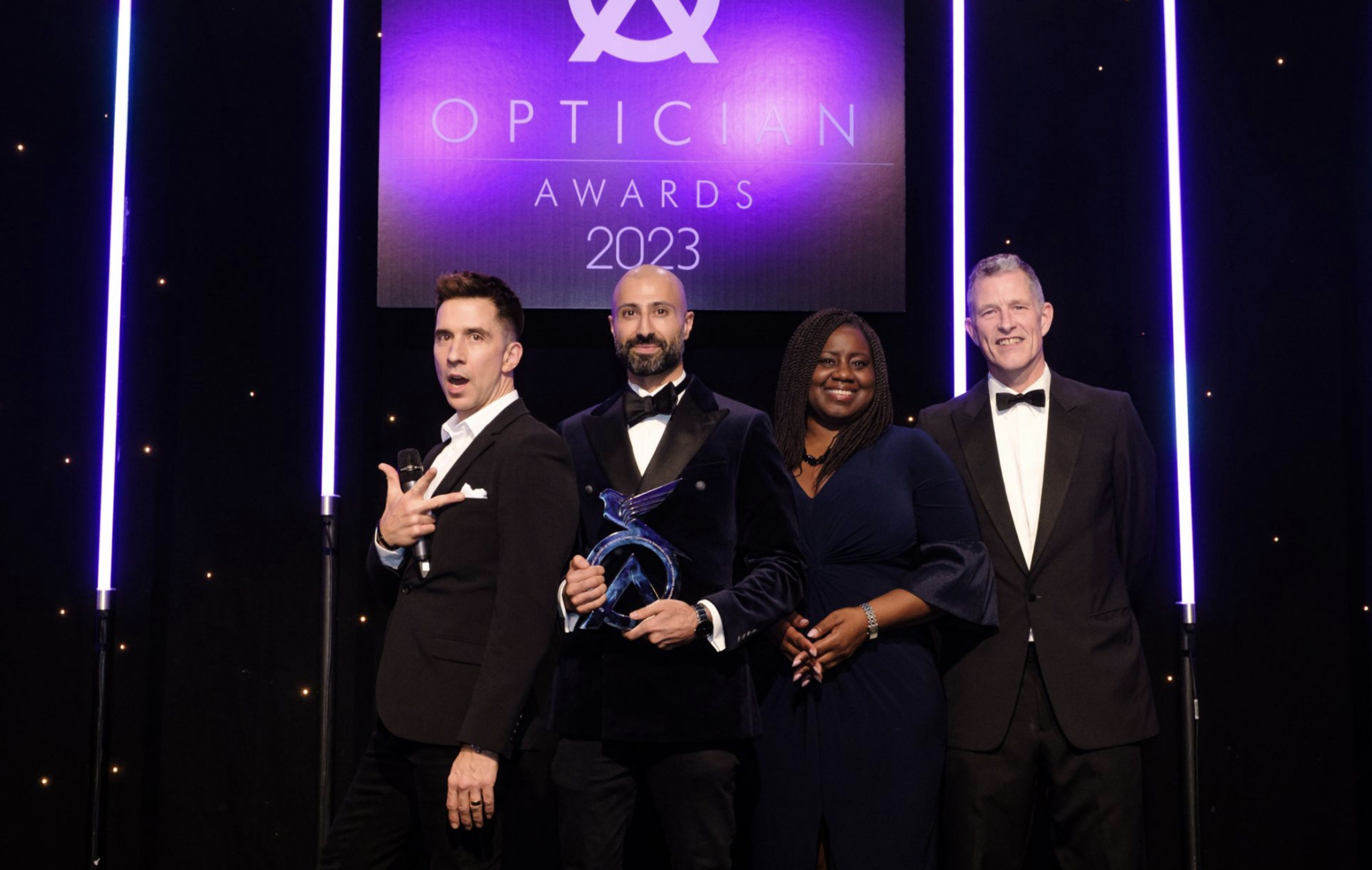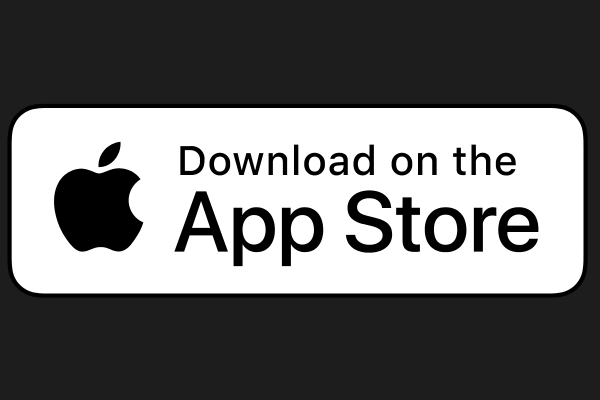We are bringing community and technology together to skyrocket learning and opportunity
Ask Fellow Optoms is an educational app built for learning purposes, the first of its kind. It allows clinicians to engage with each other and learn from each other’s experiences. Let's explain how we are different to the rest...
>50,000
messages sent
84,000
monthly app opens
Solving important problems for optoms that impact performance and public health
1. We want answers NOW and we don’t want to pay for it.
We know this because information shared regarding patient cases on social channels has increased exponentially. We have shorter attention spans and can learn well in small bites of information. But these tools can cause more harm than good. Keep reading to understand why.
2. We learn best from experiences, not lectures.
A recent poll amongst optoms showed that most of them learn best from experiences, rather than reading books or sitting in lectures.
3. BUT, Existing social channels are not regulated and could cause more harm than good.
There is no oversight when it comes to patient data, confidentiality, and consent, and clinicians very rarely follow industry standards, putting them at risk of litigation and not respecting patient confidentiality.
4. Clinicians often doubt their confidence in patient management.
A recent poll amongst optoms showed that 93% of optoms occasionally doubt their patient management. We are humans so that’s understandable, but it can affect clinician confidence and patient management.
5. It can get lonely sometimes.
We know that sometimes you need a helping hand. Being anxious or doubting yourself has the opposite effect and causes poor patient management.
6. Many optoms get CPDs last-minute before the end of the year.
This is a problem because it shows that continuous learning (or last-minute learning) is only done because they need it, not because they want it. Cramming things in for the sake of it is not productive, nor effective.
7. AI is a game changer but can be harmful if not used right.
More and more clinicians are using tools such as ChatGPT, Google, and social channels for clinical advice. These tools have been shown to be useful but can also be harmful because information is not always accurate. That’s why we believe in technology and AI but only when combined with research and clinical expertise.
8. Clinician bias is a huge problem for the health system.
You could ask 100 optometrists what their management would be for a specific patient scenario and you will be surprised at how much it would vary. This is because every patient comes with a different history and every optometrist comes with different experiences. No one answer is 100% correct but it’s closer when you have an engaging community behind you and technology guiding you.
Our commitment to ethical considerations
Improving ongoing education digitally will of course raise questions regarding privacy and security as well as adhering to industry standards. We understand this and therefore take the following measures.
1. Patient data
When asking for help to advance your learning through experiences there may be times where you will want to share patient images. We allow the sharing of images, only if it is anonymized (no patient features are shown). We expect and prompt users to do this at the time of upload, however, we have in-built machine learning technology that can detect facial features and text in images. If so, most of the time this will disable the option to upload them in the first place or an internal review will take place before sharing if the technology raises any doubts. Although we take these measures, we expect you to adhere to the consent process outlined by regulatory bodies as stated in our terms [here].
2. Security/privacy
How do you know the app is secure with your personal data, comments, or images? We use Google Cloud Platform to make sure data is encrypted in transit and at rest. It’s the same infrastructure that banks use to allow for security and scalability. We also comply with GDPR rules for all data we store.
OUR VALUES
01 . We believe in creating transformational change, not incremental change.
If a problem could be solved it would be easy to do. But these problems are not easy and therefore it requires doing something that has never been done before.
02 . We want to improve a broken system
Improving ongoing clinician education can improve the health system. It does this by reducing clinician bias, speeding up diagnosis, providing more efficient management pathways and improving clinician productivity. In the future, Integrated technology will also allow us to eventually spend more time with patients, understanding, listening, advising and coaching the patient’s health journey. We are not there yet, but we want to be a leader in making this happen.
03 . AI and humans need to work together
There is plenty of evidence showing that AI can improve healthcare. However, there is also evidence showing that it can cause harm too. Generally, it seems that if we have clinicians, researchers and AI working together, rather than one without the others then that’s when these tools become more impactful and life changing. That’s why our tools always offer clinician and AI opinion so that you can improve your continuous learning of the field.
04 . It has to be exciting to use
There’s no point using any tool if its boring.
05 . Each optom should be able to reach their own full potential
We spend most of our lives in the clinic. Improving and building new skills opens doors of opportunity, even outside the clinic. We also understand that everyone is unique and talented in their own ways and we want to provide an environment where everyone can succeed at what they want to do and not what others tell them they should.
06 . When we help others we help ourselves AND when we help ourselves we help others
Founded on the idea that we look out for others but also ourselves. When we engage on the app in any way, we have no idea who is watching and how many people will be impacted by it.
07 . Any financial commitment will always benefit in the long run
Any financial commitment we ask from you will always either help you save money, earn more money over time or save you time. We want to solve all the important problems described above and we believe that a good business model and innovation is the way to do it.
About Us
Kishan
Devraj
Founder

Our Skills
Optometry’s Clinical Leader of the Future.
praised for encompassing technology likely to shape the future of the profession, Kishan was awarded a prestigious award by an expert panel for his efforts

